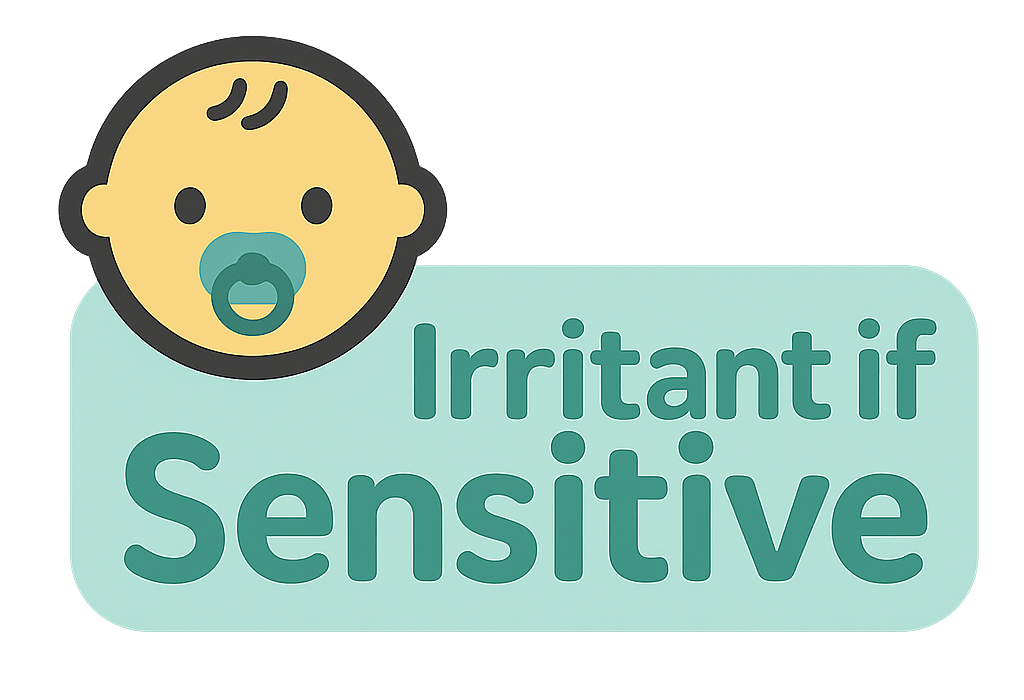Check for Different Age (6 available)
Can older babies use Limonene?
ℹ️General Overview
For infants 6–12 months (older baby, crawling baby): limonene can cause skin irritation or allergic reactions. It’s more risky for babies than for older children or adults because their skin is thinner and they get more exposure relative to their size.
✅What to Do
Choose fragrance-free products for your baby whenever possible. Avoid lotions, oils, and other leave-on products that list limonene or 'fragrance/essential oil' on the label. If a product with limonene is used, prefer occasional rinse-off items (like some shampoos) and avoid putting them on broken skin or near the face. After first use, check the baby’s skin for 24–48 hours for any redness, bumps, or swelling. If you’re unsure, pick products labeled for sensitive or baby skin that do not list limonene.
⚠️Warnings
Watch for skin redness, rash, itching, swelling, or breathing changes after use — stop use immediately and seek care if breathing is affected. These concerns come from regulatory and scientific sources that list limonene as a skin irritant and allergen (for example: the EU Cosmetics Directive and EU hazard labeling codes, and hazard summaries from agencies such as the U.S. EPA). There is also a noted contamination concern for formaldehyde in some cases; avoid products with unclear ingredient sourcing or poor labeling. Do not use concentrated or undiluted citrus oils on your baby’s skin.
Are you holding the product?
Scan the full ingredient label and understand if it's safe for your child.
Safety Risk Labels
This ingredient has the following documented risks:






Tap or hover over labels to see detailed risk information.
Alternative Names for Limonene
This ingredient may also be listed as:
Always check ingredient labels carefully, as ingredients may be listed under different names.
Products Containing Limonene
This ingredient is found in the following products:
This list shows products that contain Limonene or its alternative names.
Research Articles on Limonene
Scientific research related to this ingredient:
These research articles provide scientific evidence about Limonene safety and effects.
Common Questions About Limonene
Can older babies safely use Limonene?
Limonene is not recommended for 6-12 month old babies due to potential safety risks.
What are the immune system risks of Limonene for older babies?
Could weaken or confuse immune system. This is especially important for babies whose skin and systems are still developing.
What are the eczema risks of Limonene for older babies?
Linked to triggering or worsening eczema and similar skin conditions. This is especially important for babies whose skin and systems are still developing.
What are the irritant risks of Limonene for older babies?
Can cause skin redness, itchiness, or rashes—especially on sensitive baby skin. This is especially important for babies whose skin and systems are still developing.
What are the cancer risks of Limonene for older babies?
Connected to cancer risk with long-term or repeated exposure. This is especially important for babies whose skin and systems are still developing.
What are the builds up risks of Limonene for older babies?
Builds up in the body over time with repeated use. This is especially important for babies whose skin and systems are still developing.
What are the environmental risks of Limonene for older babies?
Possible negative effects on the environment This is especially important for babies whose skin and systems are still developing.
What products contain Limonene?
Limonene is commonly found in skincare products, cosmetics, and topical applications. Always check ingredient labels before use.
Is this appropriate for older babies to using products with Limonene?
The appropriate age depends on the specific ingredient properties and concentration. This analysis is for 6-12 month old babies. Use the age selector above to check other ages.
Want to scan another product?
Use our camera scanner to analyze more ingredient labels
Scan Another Product